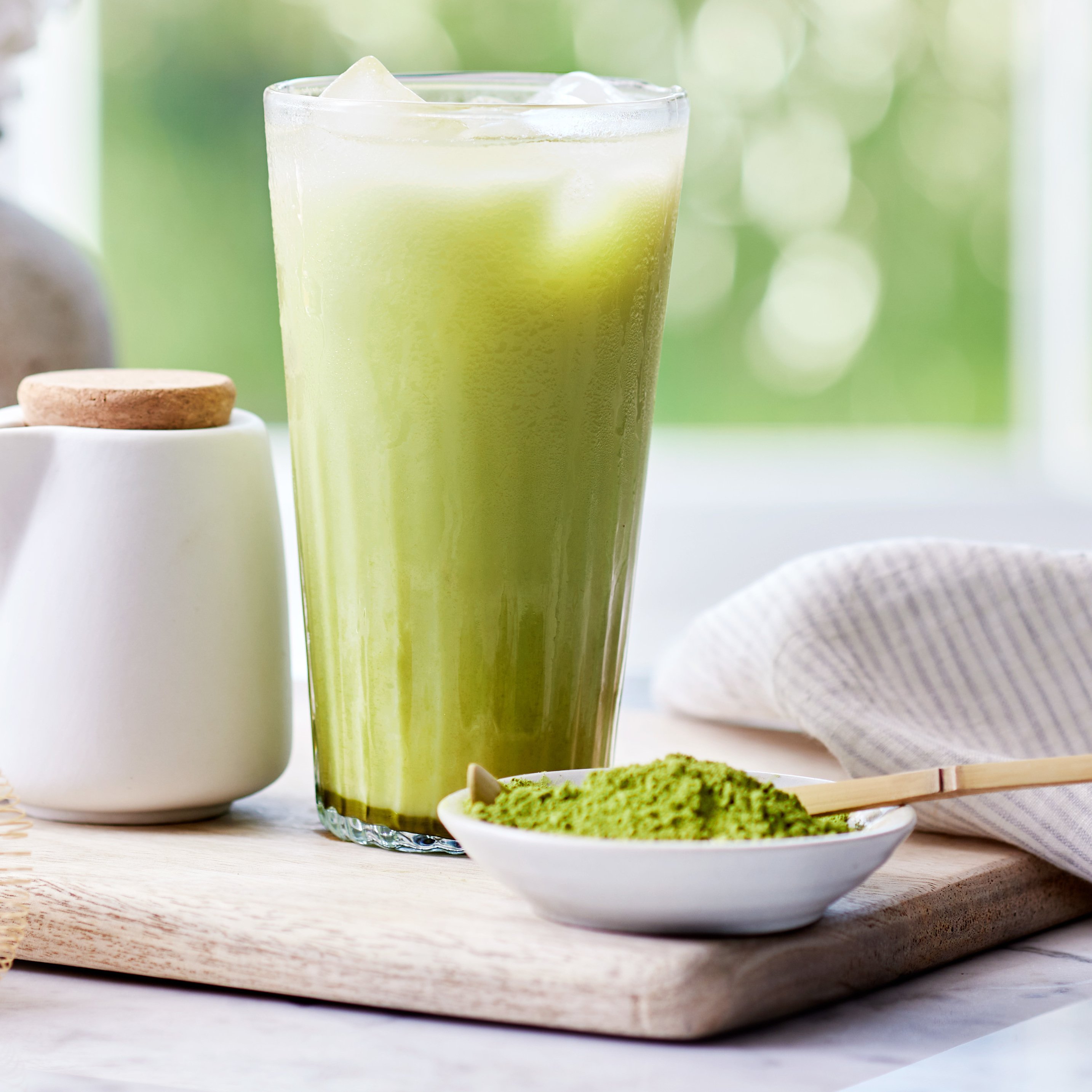Honeybush (Cyclopia) is a flowering plant native to the Eastern Cape of South Africa. Named for the mildly sweet, honey-like aroma of its golden-colored blooms, honeybush has long been used as an ingredient in soothing herbal teas. It is closely related to rooibos, also known as red tea, which grows on the Western Cape of South Africa.
During harvest, farmworkers cut the leaves and stems from the honeybush shrub, leaving the roots in place to regrow during the next season. The harvested materials are then fermented and dried. Tea drinkers describe the taste of honeybush tea as full-bodied and lightly sweet, with floral and honey notes.
Delicious & Healthful Honeybush Tea
Support your digestive system and overall wellness with Organic Honeybush Vanilla Turmeric SuperDigest Tea®.* This tea harnesses the healing power of organic fermented honeybush leaf blended with fermented turmeric root and vanilla extract.*
We have also added 1 billion colony forming units of DE111, an innovative and clinically tested strain of the probiotic Bacillus subtilis. More than 30 double-blind, randomized and placebo-controlled studies have been conducted to support DE111’s benefits to digestive and immune health.*
We invite all Citizens to experience the delicious flavor and holistic benefits of Honeybush Vanilla Turmeric Tea by sipping daily as part of their wellness routines. Savor the taste of sweet honey and aromatic vanilla bean, finished with a touch of earthy turmeric spice.
Wellness Benefits of Honeybush
Honeybush tea is a type of herbal tea, also known as a tisane. This means that it is not derived from the Camellia sinensis plant and is naturally caffeine-free. Honeybush tea is a wonderful choice for sipping any time of the day, including the afternoon and before bedtime.
The honeybush plant is rich in a type of antioxidants called polyphenols, which may help the body resist cellular damage caused by oxidative stress.* It also contains trace amounts of calcium, zinc, iron and other minerals.*
Honeybush Origins and History
The origins of honeybush tea can be traced to the indigenous Khoisan people of South Africa, who have used the beverage for its medicinal benefits for centuries. Early settlers in the Eastern Cape were quick to adopt the practice of preparing and drinking honeybush tea, particularly the Dutch merchants who traded in that region. The Dutch East India Company introduced the honeybush plant to the European continent during the late 1700s, and the beverage later made its way to the Americas and around the globe.
In certain parts of Africa, it is still a common practice for households to keep a pot of honeybush tea simmering on the stovetop throughout the day. This ensures that there is always tea ready for drinking and serving to guests, and also scents the entire house with the sweet aroma of honey. The honeybush plant can also be used in cooking to add depth of flavor to savory stews and sauces.
*These statements have not been evaluated by the Food and Drug Administration. This product is not intended to diagnose, treat, cure or prevent any disease.






